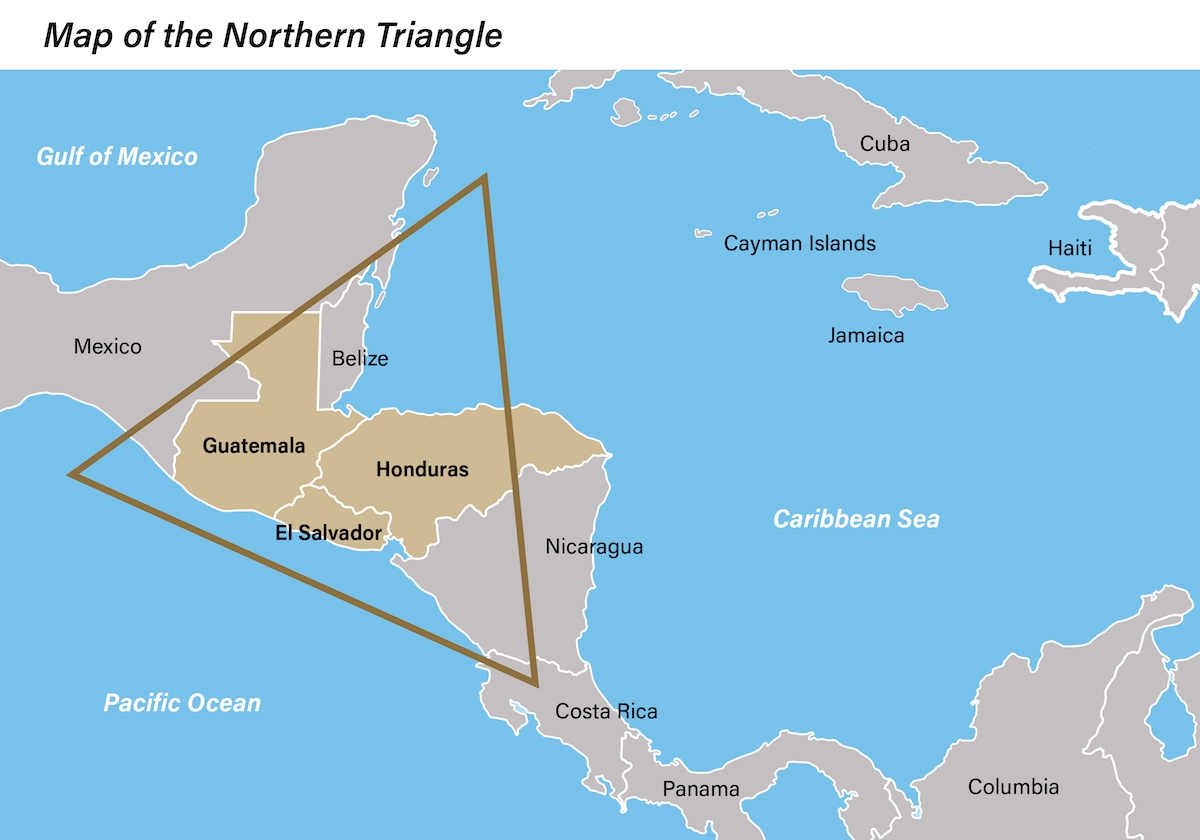Purdue’s College of Agriculture has been selected to serve as the university partner on a new, 5-year U.S. Department of Agriculture Food for Progress project in El Salvador, Guatemala and Honduras. The Agricultural Trade and Climate Smart Innovations (ATraCSI) project will address root causes of migration by focusing on boosting economic growth in the region through the enhanced production of fruits and vegetables for trade. The Washington, DC-based organization, Improving Economies for Stronger Communities (IESC), will lead the grant. Purdue’s Office of International Programs in Agriculture (IPIA) will coordinate and manage Purdue’s contributions, which will focus on science-and risk-based sanitary and phytosanitary (SPS) measures in strategically selected horticultural value chains with U.S. and regional market linkages.
“This project aims to foster growth in the agricultural sectors of these countries, creating opportunities for the populations most likely to migrate, including youth, women and minority groups,” said Gerald Shively, Associate Dean and Director of IPIA and Principal Investigator for the project. “Purdue’s contributions in the areas of horticultural production and agricultural risk management draw on deep expertise and experience provided by multiple departments in the College of Agriculture.”
The project team will primarily work with private sector partners and various Central American government offices, including ministries of agriculture and departments of plant and animal health. Purdue will also contribute short-term technical assistance throughout the project.
 Map of Northern Triangle by Russell Merzdorf
Map of Northern Triangle by Russell Merzdorf “One exciting opportunity,” according to Christian Cruz, professor in the Department of Botany and Plant Pathology and a co-PI, “is the chance to develop and improve technologies for more rapid pest detection and identification. Innovations in this area are important not only for the region in which we will be working but also for identifying and controlling pests and diseases here in Indiana.”
The first steps for the Purdue team will be to participate in agricultural value chain assessments during the upcoming summer. Working with local partners, these assessments will consider the diverse agro-ecologies, socio-economic conditions and cultures of the project’s target geographies to finalize value chain selection and provide recommendations for project interventions.
“Opening new doors to collaborate with universities in the region is a major motivation for us,” says Peter Hirst, professor in the Department of Horticulture and Landscape Architecture and Assistant Director of IPIA. “The project will also provide long-run benefits to consumers here at home. This work will help to improve the safety of the foods we purchase. For example, Guatemala is a well-established supplier of off-season vegetables and berries to the U.S. market.”
For more information, visit https://ag.purdue.edu/department/ipia/





